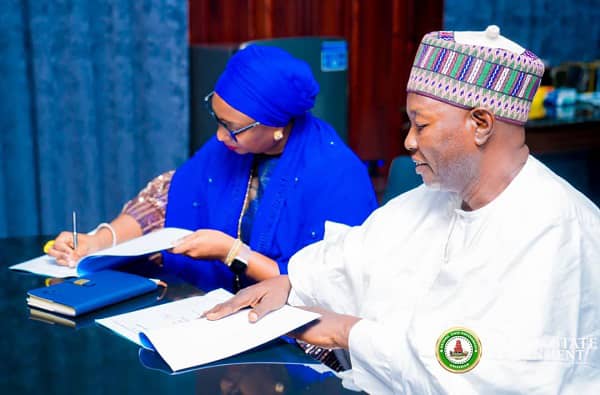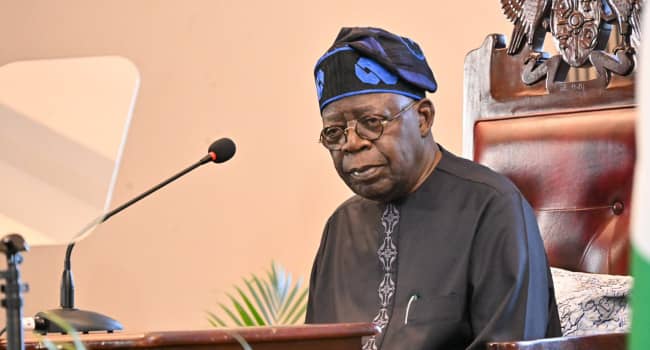Katsina State Governor, Malam Dikko Umaru Radda, has announced detailed plans for the recruitment of students into three newly established special schools across the state, reaffirming his administration’s commitment to ensuring equal educational opportunities for all children regardless of their socio-economic background.
Governor Radda made the announcement at Government House Katsina during a strategic meeting with key education stakeholders. Those present included state commissioners, local government chairmen, sub-committee chairmen, permanent secretaries, local government education secretaries, community development officers, and learning officers from all 361 wards of the state.
The governor explained that the new special schools are located in Radda, representing the Katsina Zone, Jikamshi in the Funtua Zone, and Dumurkul in the Daura Zone. These schools, according to him, are designed to provide access to quality education for children who might otherwise be denied such opportunities due to financial constraints.
Radda recalled his earlier campaign promise to provide opportunities for outstanding students to study abroad, a pledge he said has already been fulfilled. He noted that some of the best students from the state had been sponsored to Egypt to study medicine and to China to pursue advanced fields such as Artificial Intelligence and Biotechnology. He stressed that the selection of those students was strictly merit-based, with the Katsina State Government covering all costs, including tuition, accommodation, feeding, and other expenses.
“In our villages, there are children with talent and determination but no means to pay school fees or even buy uniforms. Meanwhile, the children of the rich go to private schools and receive quality education. We want to bridge this gap so that the poor man’s child will also study like the rich man’s child, and in 10 to 20 years return to develop Katsina State,” Governor Radda said.
He outlined that admission into the special schools will be based entirely on merit and fairness. Each of the 361 wards in Katsina will nominate six students: two from Primary 6 into JSS1, two from JSS1 into JSS2, and two from JSS2 into JSS3. This will amount to 2,172 students taking part in entrance examinations, out of which 996 will be admitted into the three special schools, ensuring that every ward is represented.
The governor emphasized that children from poor families will be given priority, explaining that those who can afford private schools should send their children there, while the state focuses on supporting those who cannot. “In these schools, I want the brightest from the poor to be given this opportunity so that tomorrow society will benefit from them,” he said.
Radda’s education drive is part of his broader agenda to reduce inequality in the state’s education sector. By ensuring that opportunities are accessible to talented but less privileged children, his administration aims to build a generation of professionals who can contribute significantly to Katsina’s long-term development.
The governor’s announcement was welcomed by education officials present at the meeting, who described the initiative as both ambitious and inclusive. Stakeholders highlighted the importance of such policies in addressing the widening gap between the rich and the poor in access to quality education, while also noting that the merit-based approach would encourage hard work among students across the state.
The plan reflects Governor Radda’s view that education remains a key tool for breaking the cycle of poverty and driving socio-economic progress. By prioritizing fairness and ensuring equal representation across wards, the administration hopes to build a more balanced and equitable education system in Katsina.
With the rollout of this initiative, Katsina joins a small but growing number of Nigerian states adopting structured and merit-based systems to support bright students from disadvantaged backgrounds. For Governor Radda, the success of these special schools will not only be measured by enrollment numbers but by the long-term impact of producing well-educated citizens capable of driving innovation and development in the state.





